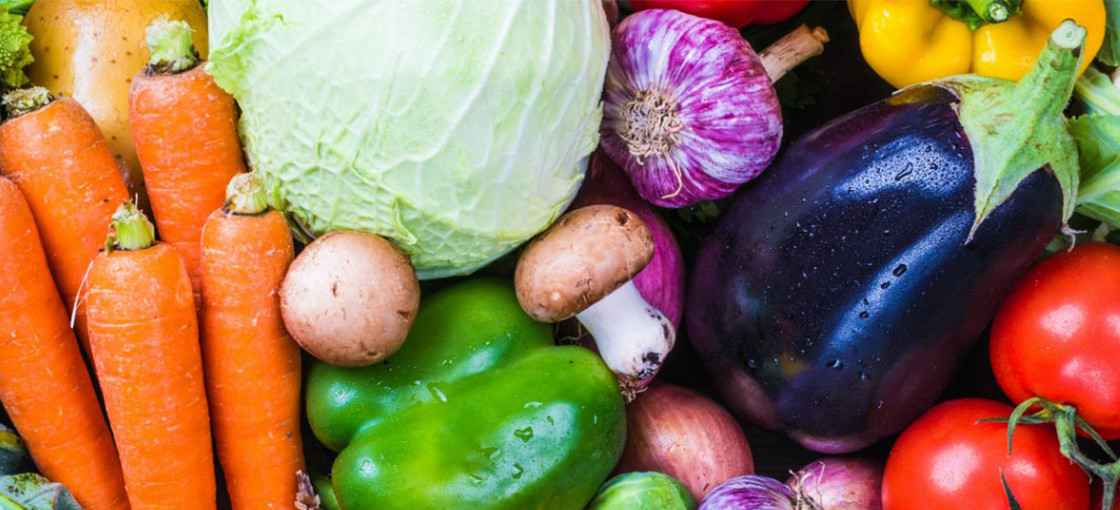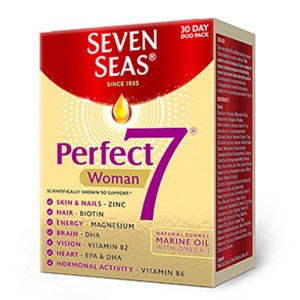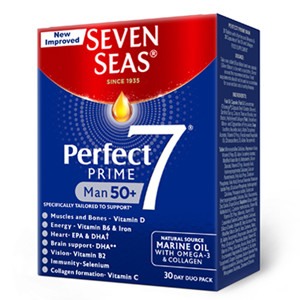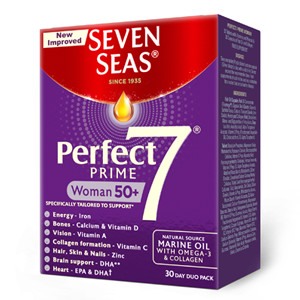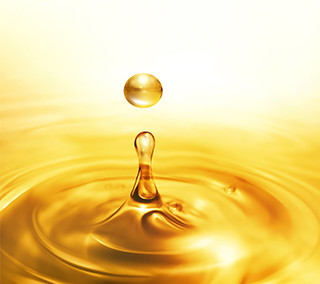VITAMINS
ALL YOU NEED TO KNOW ABOUT NIACIN (VITAMIN B3)
Niacin is one of the eight essential B-group vitamins, also known as vitamin B3. It has several important benefits including helping to release energy from the foods we eat1 and helping to maintain normal skin and keep the nervous system functioning normally2. It also helps the body use protein and fats effectively. Niacin can also ward off feeling of tirednes.3
Because all the B vitamins are water-soluble vitamins, niacin is excreted in the urine.4 Therefore we need to safeguard our daily intake of niacin through a healthy balanced diet and taking a supplement.
Good sources of niacin
There are two forms of niacin – nicotinic acid and nicotinamide – both of which are found in food. Good sources of niacin include meat, fish, eggs, cow’s milk, wheat flour, peanuts, fresh fruit and vegetables, yeast and yeast extracts such as Marmite.
How much niacin do I need?
The recommended daily dose is 16mg a day.5 You should be able to get all the niacin you need by eating a healthy, balanced diet.
You can also ensure your daily intake of niacin by taking a food supplement. The Perfect7 range from Seven Seas is a blend of Natural Source fish oil with Omega-3 plus essential multivitamins and minerals (including niacin). The special formula provides effective absorption of nutrients into your body’s cells to support you from the inside as you get older.
Signs of niacin deficiency
Niacin deficiency in the UK is rare6, but it may be present in people with malnutrition and alcohol abuse. Strict vegetarians and vegans may also be at risk of a vitamin B3 deficiency.
Low levels of niacin can lead to skin disorders, diarrhoea, indigestion and fatigue. Severe and prolonged vitamin B3 deficiency can manifest as pellagra, a skin condition most visible on the parts of the skin exposed to sunlight.7
Share:
(1) http://www.nhs.uk/Conditions/vitamins-minerals/Pages/Vitamin-B.aspx#niacin
(2) https://www.bda.uk.com/foodfacts/SkinHealth.pdf
(3) https://www.bda.uk.com/foodfacts/foodmood.pdf
(4) http://www.nhs.uk/Conditions/vitamins-minerals/Pages/vitamins-minerals.aspx
(5) http://www.nhs.uk/Conditions/vitamins-minerals/Pages/Vitamin-B.aspx#niacin
(6) http://patient.info/doctor/pellagra
(7) http://www.webmd.com/diet/niacin-deficiency-symptoms-and-treatments

